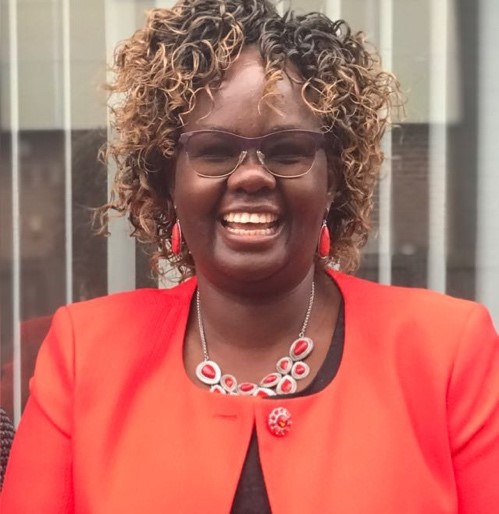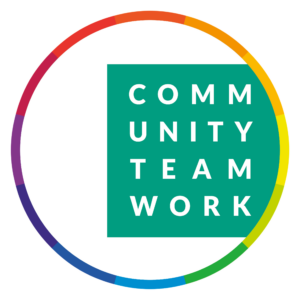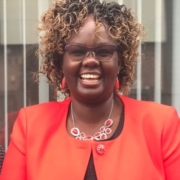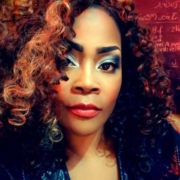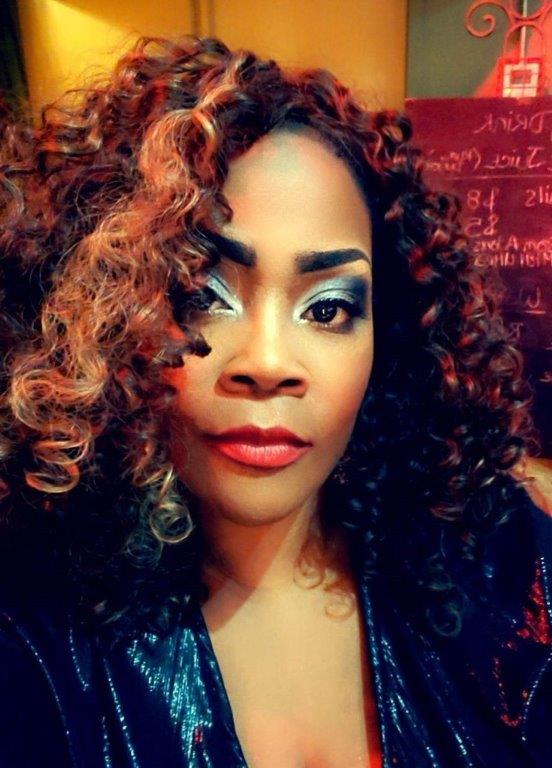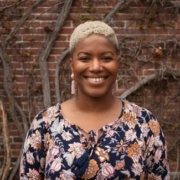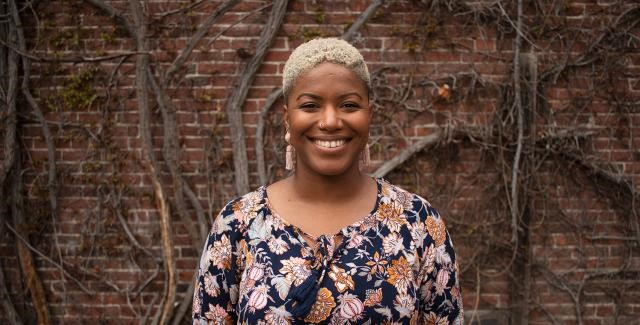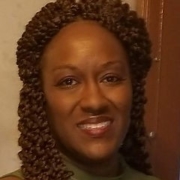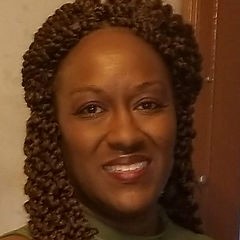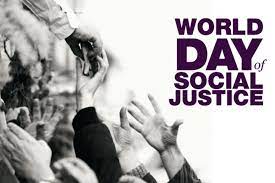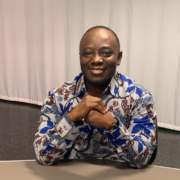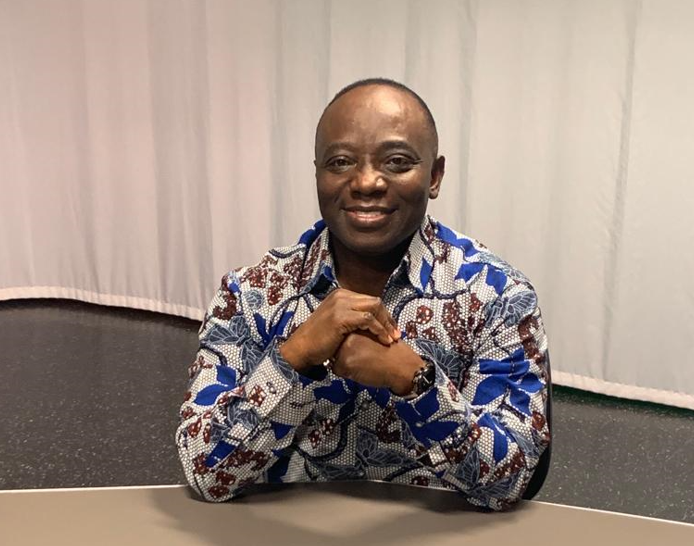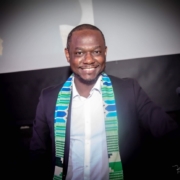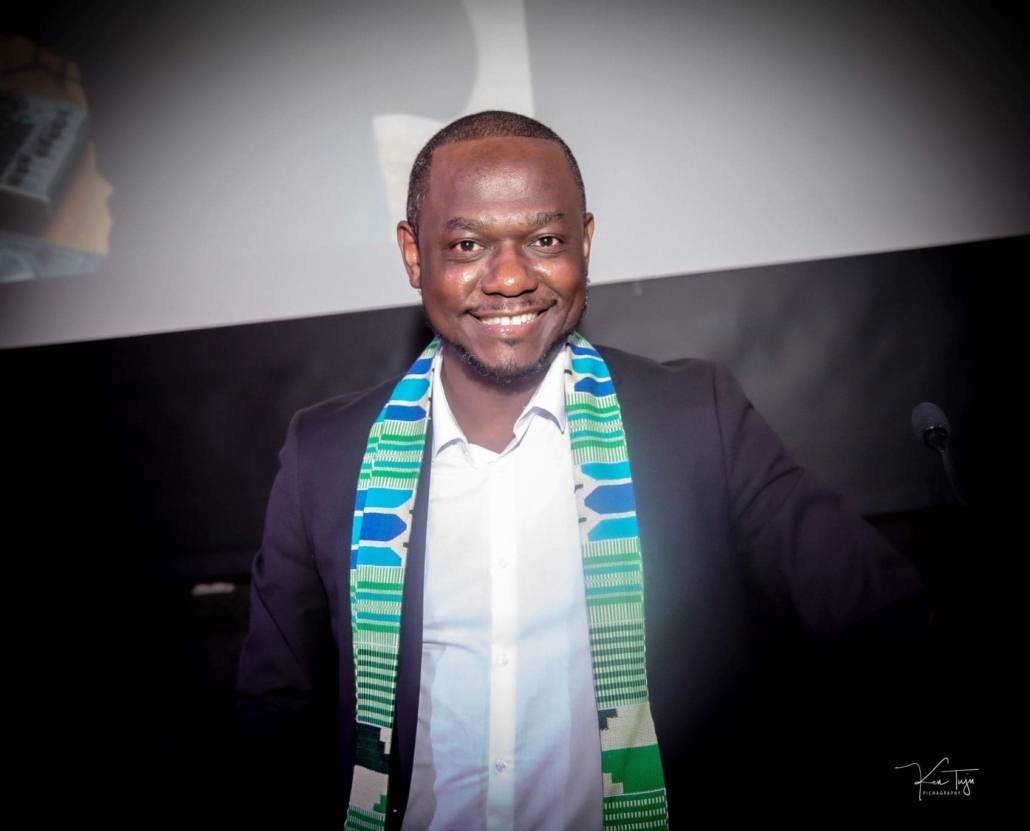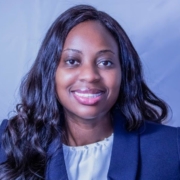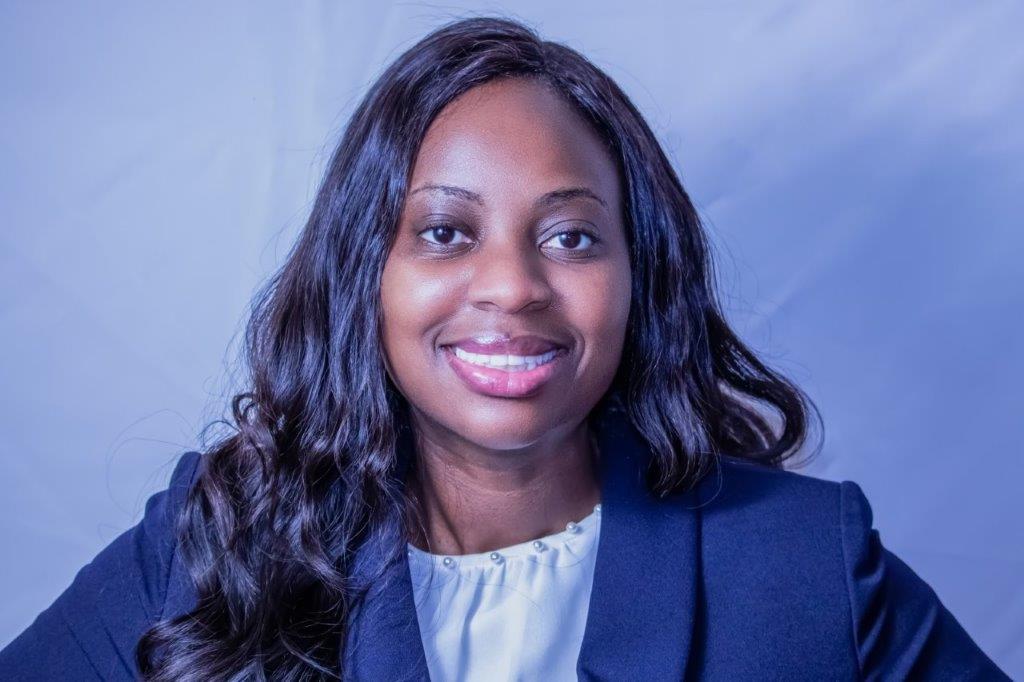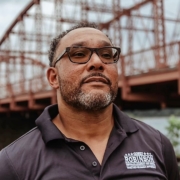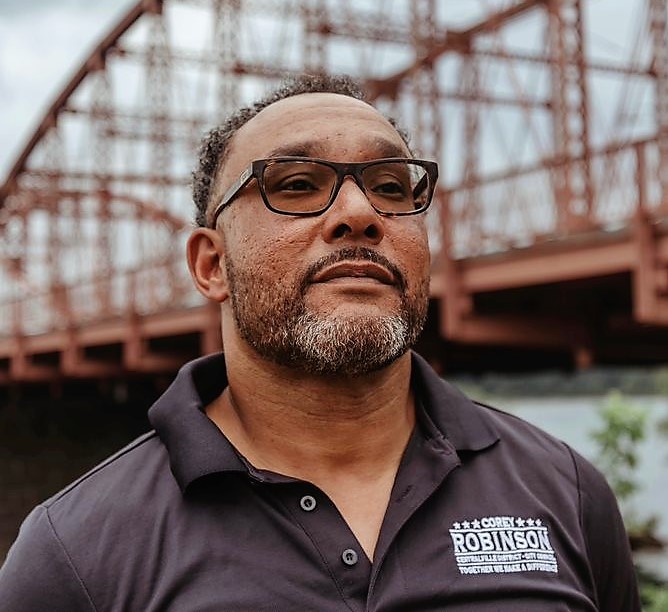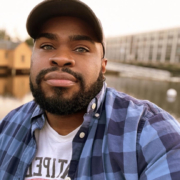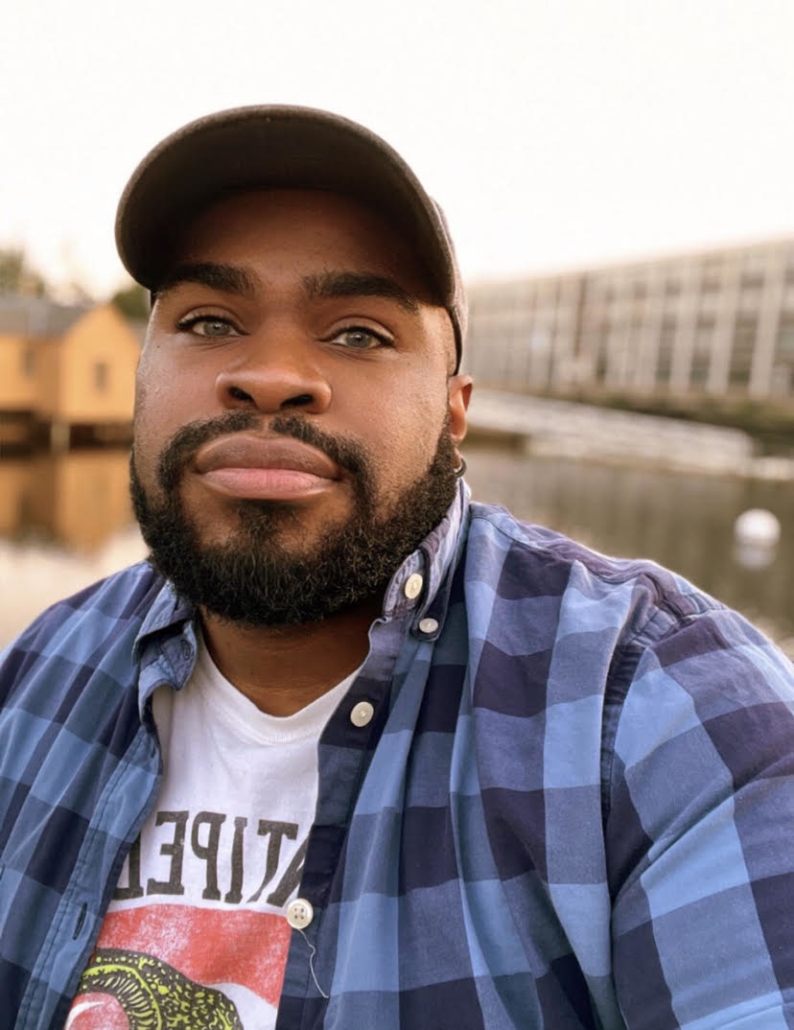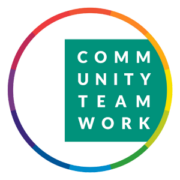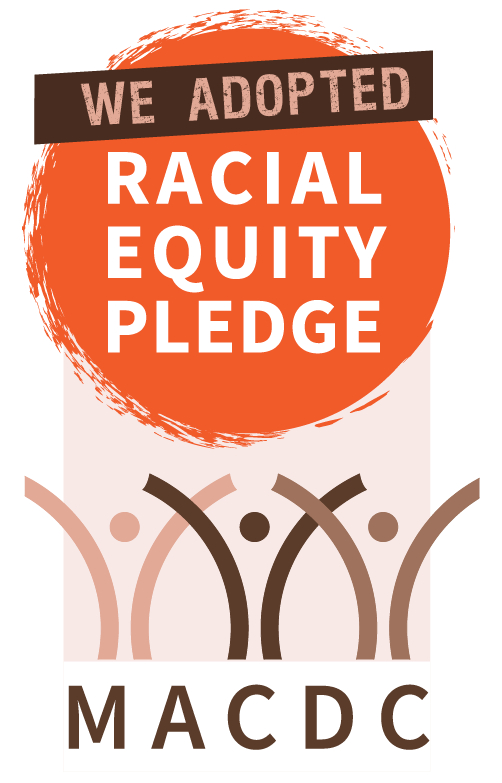Leonard Tshitenge
Certified poet, member of the Great Black Speakers’Association, and consultant and artist in the African diaspora, founder of Consciously Exposed Consulting. (see Bio below)
Nominated an Honoree for Black History Month and Interviewed by Elizabeth A. Wando, Rehousing and Stabilization Case Manager – Community Teamwork
Primary Questions:
What is your title/role/organization and involvement in the community?
I am a Consultant and Artist specializing in African Diaspora Engagement with a Master’s in psychology and mental health and a doctoral student in leadership psychology. I founded “Consciously Exposed Consulting”, which uses psychological, artistic, and cultural approaches to improve business innovation, community building, and development programming. I work with African immigrant communities, marginalized Black fathers, and entrepreneurs to promote diversity, equity, and inclusion through leadership, social impact, and organizational culture.
What does Black History Month mean to you?
Black History Month is a celebration of black excellence and the contributions of African American men and women to the building of America. It is an opportunity to unite the African diaspora and celebrate cultural nuances.
What can the community do to recognize Black History during the year?
To better recognize Black History throughout the year, the community should be committed and intentional in educating children, families, and themselves about the contributions of African American heroes and theorists. The focus should be on building strength, talent, and resilience within the community and celebrating each other’s talents through intentional community-building activities.
Optional Questions:
What has been the most rewarding part of your commitment to the community?
The most rewarding part of my commitment to the community has been learning from marginalized, low-income members and building initiatives that amplify their voices and create visibility for marginalized communities.
How have you seen your efforts make a positive difference in people’s lives?
I have seen my efforts make a positive difference in people’s lives through my involvement and collaboration with community-based organizations and leaders, as well as through my clients.
What advice would you give to future generations of leaders in the community?
My advice to future generations of leaders in the community would be to understand that their gift should be a gift to their community. They should practice cultural humility, and authentic, and transformational leadership to create space for followers to shine, and remain humble, practicing empathy and cultural humility.
How did you become inspired to make a difference in your community?
I became inspired to make a difference in my community through my passion for Africa and the African diaspora population, and my commitment to uplifting marginalized voices.
What do you hope to accomplish in the future to further your positive impact?
I hope to further my positive impact by completing my doctoral program.
What have been some of your greatest accomplishments in your field?
Some of my most notable accomplishments in my field include the recognition and awards I have received over the past 12 years and my proficiency in utilizing artistic, psychological, and cultural methods to enhance community building, entrepreneurship, and mental health in the cities of Boston, Lowell, Africa, and the African diaspora.
What advice would you give to young people looking to make a positive influence in their community?
My advice to young people looking to make a positive influence in their community would be to invest in self-love, and self-worth, seek mentorship and surround themselves with positive people and environments. Young people are the future.
What would you say are the most important qualities needed to become a leader in the community?
The most important qualities needed to become a leader in the community are empathy, cultural humility, active listening, and the ability to lead through an authentic and transformational leadership lens.
How has your experience as a Black person influenced your work?
My experience as a Black person has influenced my work by providing me with a deeper sense of cross-cultural topics and emotional intelligence, as well as a unique perspective as a Black person.
What advice would you give to other young Black people looking to make a difference in their communities?
Remember Nelson Mandela said “Education is the most weapon one can use to change the world” so seek guidance from mentors, learn from inspiring leaders, utilize your unique strengths and abilities, prioritize personal growth, healing, and authenticity, and never forget the power of faith and spiritual traditions in building resilience and strength.
What was the most difficult obstacle you had to overcome to become a leader in your community?
The most difficult obstacle I had to overcome to become a leader in my community was navigating linguistic and cultural limitations, as well as being overlooked while balancing my blended identities. However, I view these challenges as gifts that make me unique, and I believe that God’s strength and power shine through our ancestors, allowing us to continue to heal and grow as a community.
Bio
Leonard Tshitenge is a trailblazer in the field of African diaspora engagement, bringing a unique combination of creativity, expertise, and passion to the table. As a certified poet, a member of the Great Black Speakers’ Association, and a consultant on the African diaspora, Leonard is a force to be reckoned with. He holds a Bachelor of Arts in Human Services from the University of Phoenix and a Master of Science in Psychology/Mental Health from the same institution and is currently pursuing his doctorate in Leadership Psychology at William James College.
With a deep understanding of cross-cultural topics and emotional intelligence, Leonard leverages his artistic skills to drive meaningful change. He founded Consciously Exposed Consulting in 2013, with the goal of elevating the voices of marginalized communities in the United States and across Africa and the African diaspora. Through this platform, Leonard works with organizations and universities to foster cultural diversity, equity, and inclusion, making a positive impact on society.
As a Certified Minority Business Enterprise, Leonard is committed to excellence in all he does. With his powerful voice and unwavering dedication, he is poised to leave a lasting legacy of impact, inspiring future generations to follow in his footsteps.
#CommunityLeader #Leadership #Appreciation #BlackHistoryMonth #BlackLivesMatter #DEIatCTI #grateful #LowellBlackExcellence
